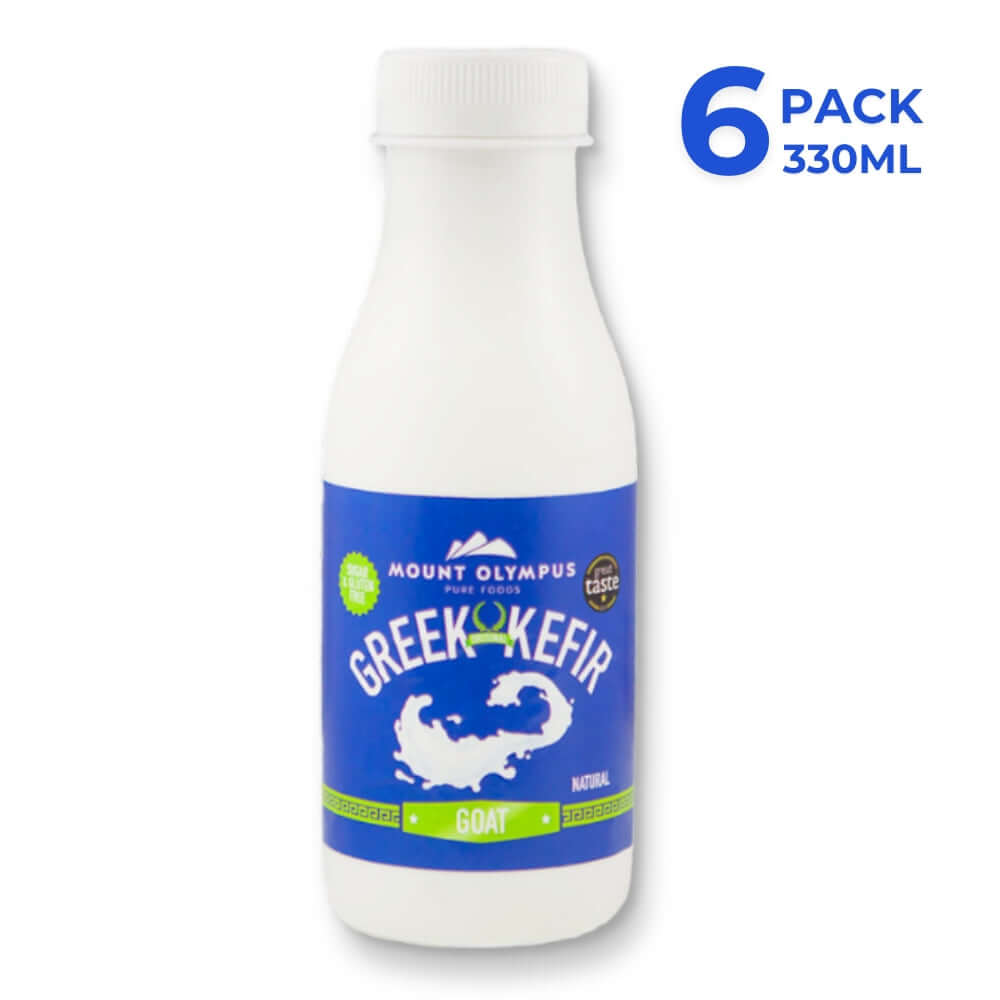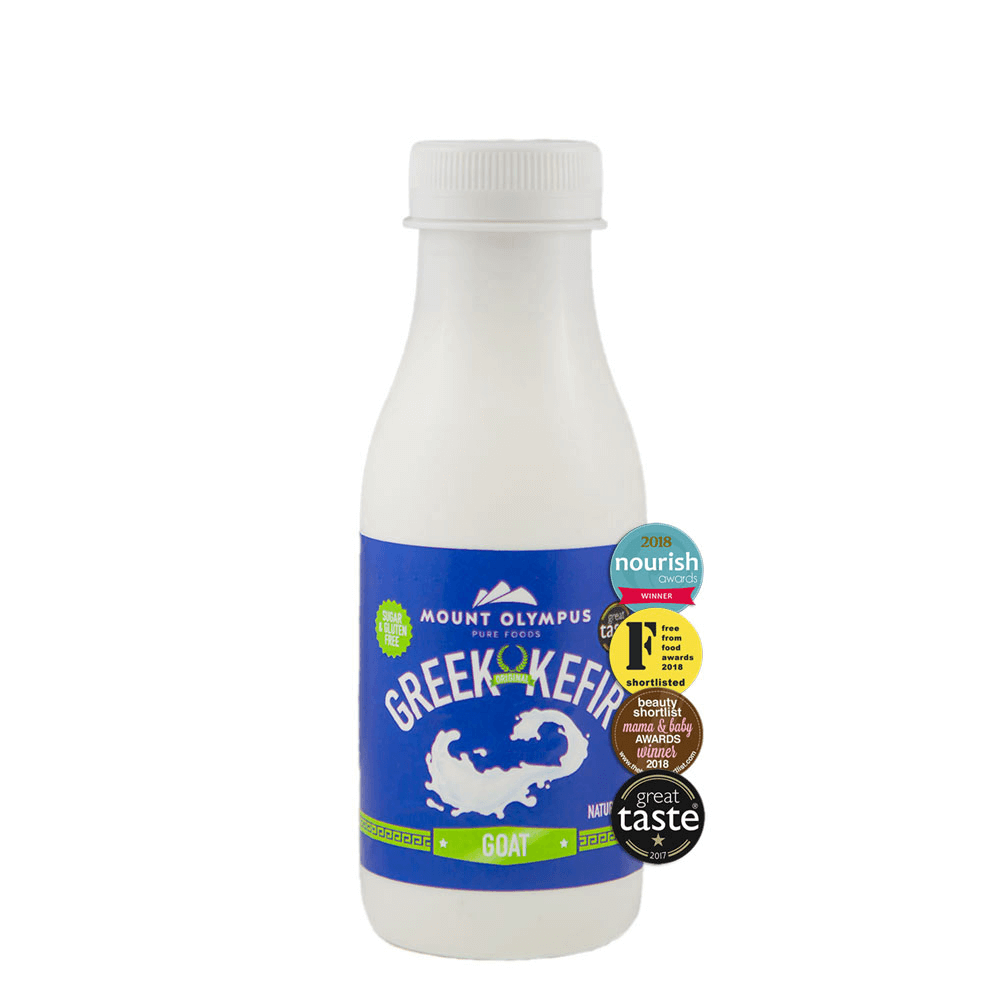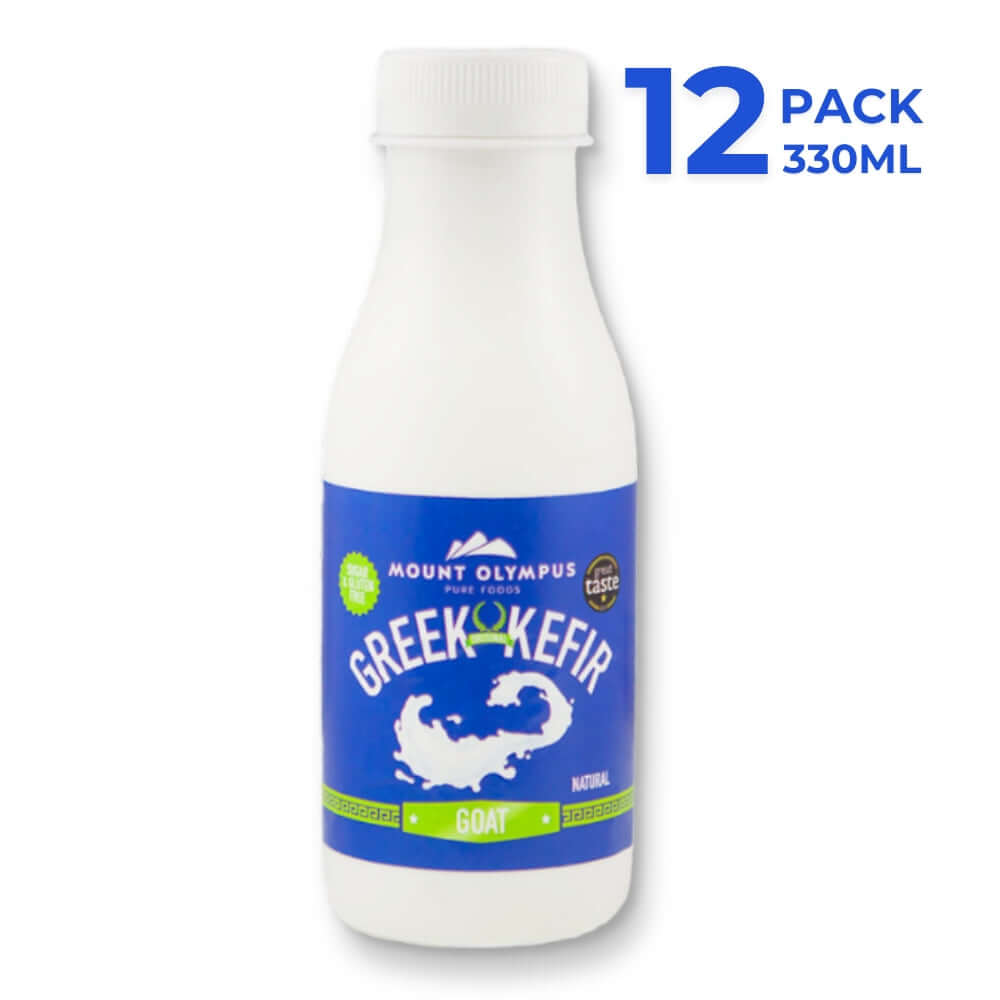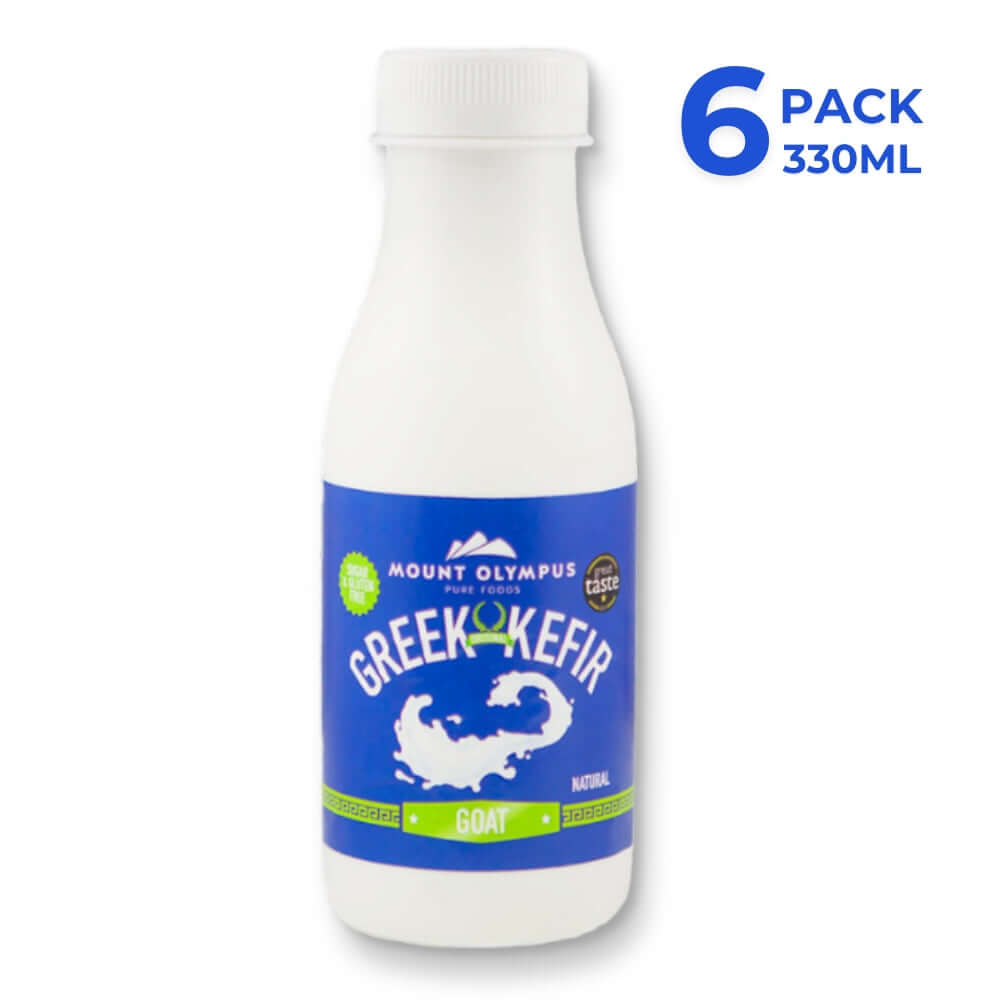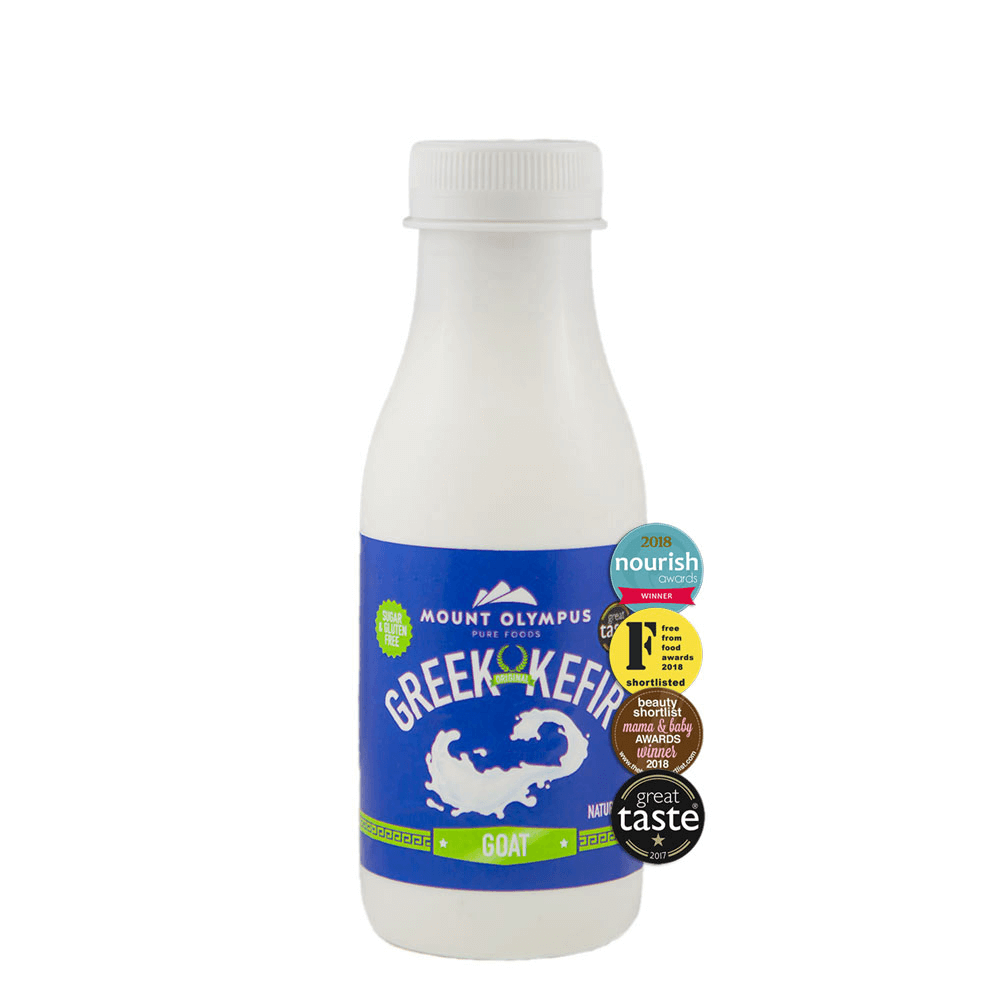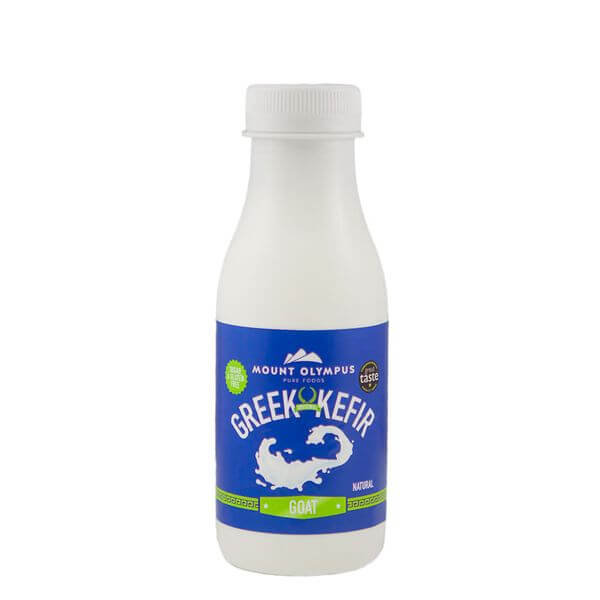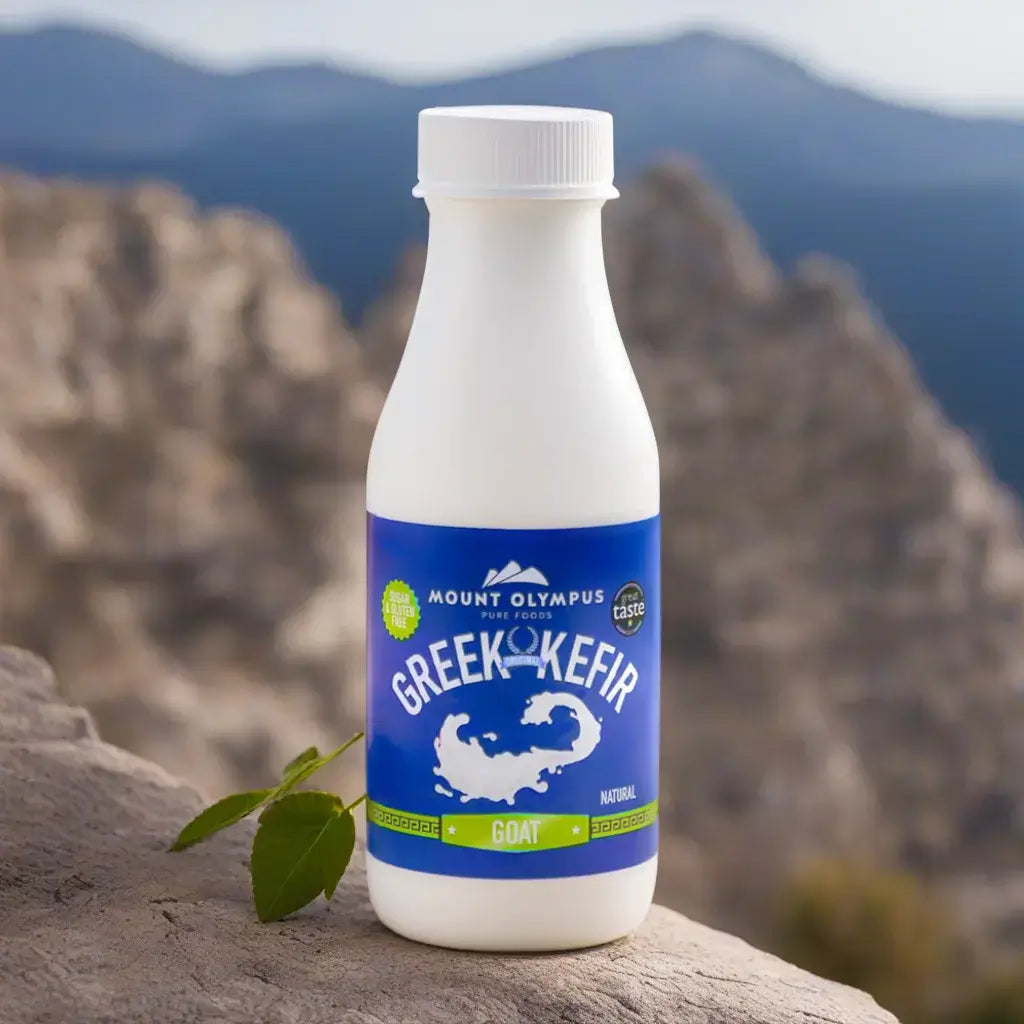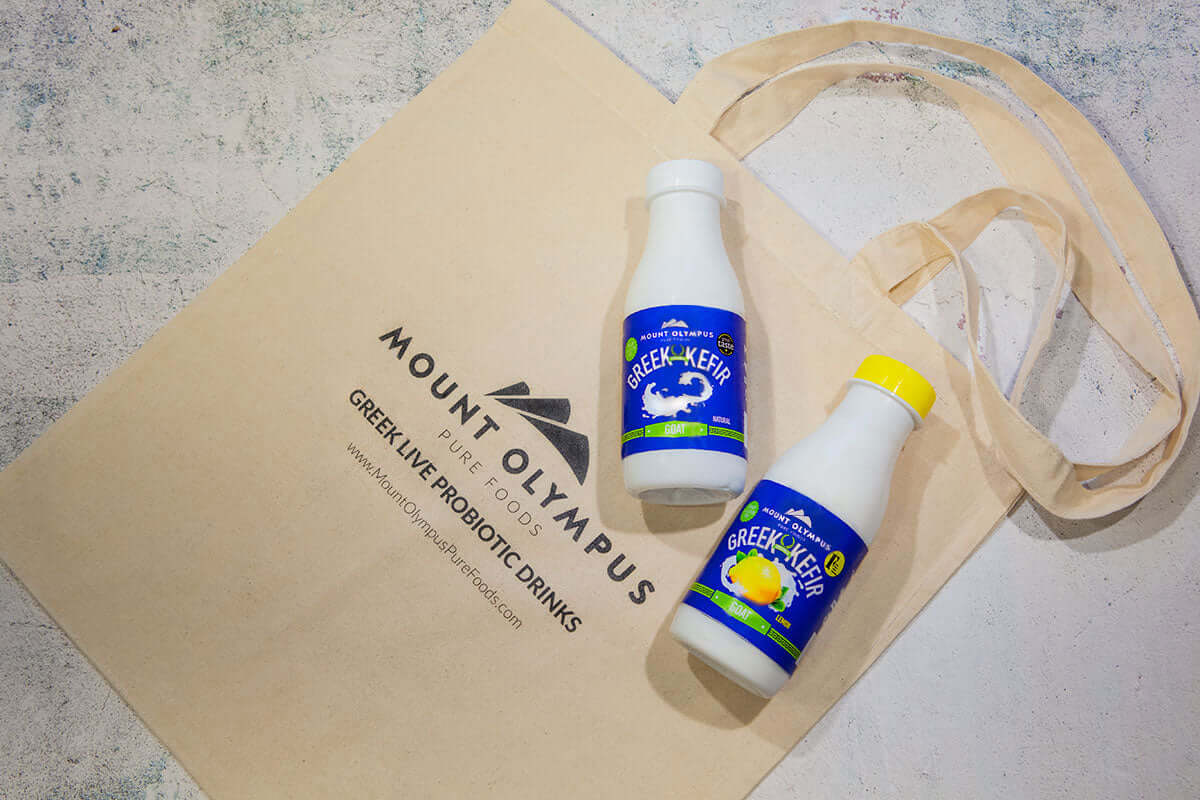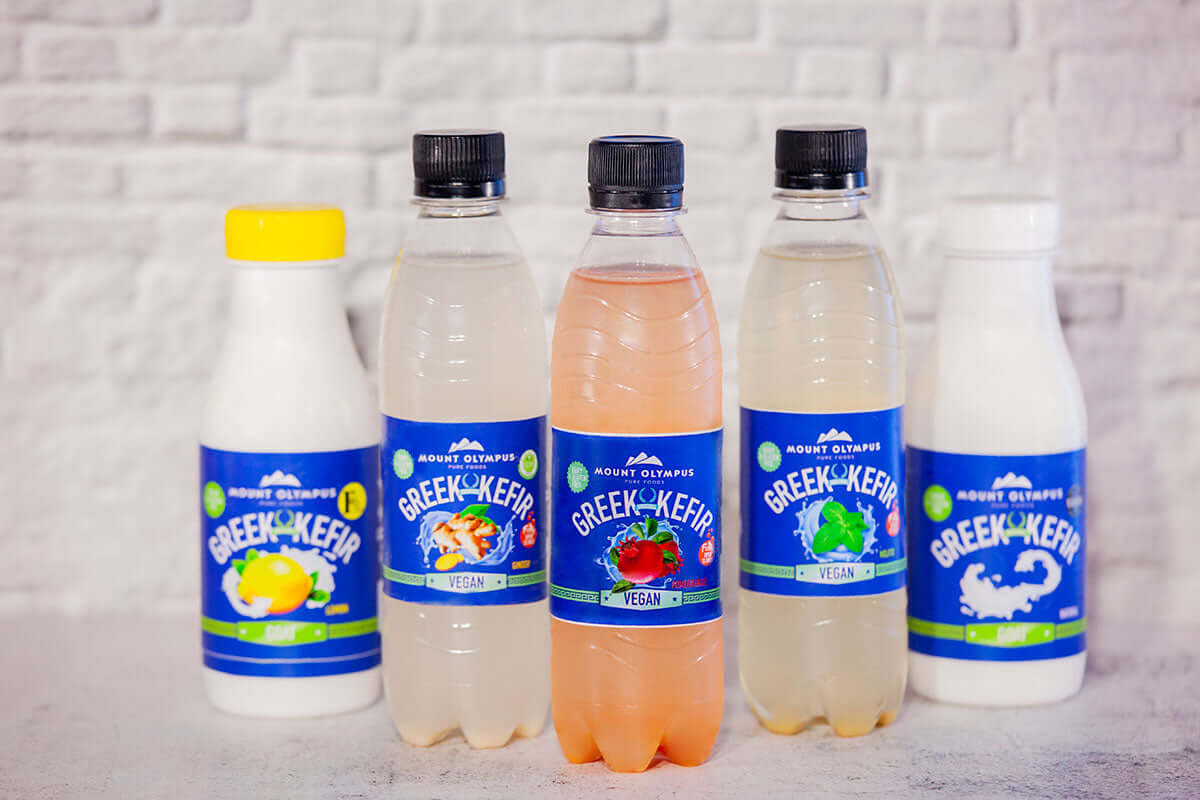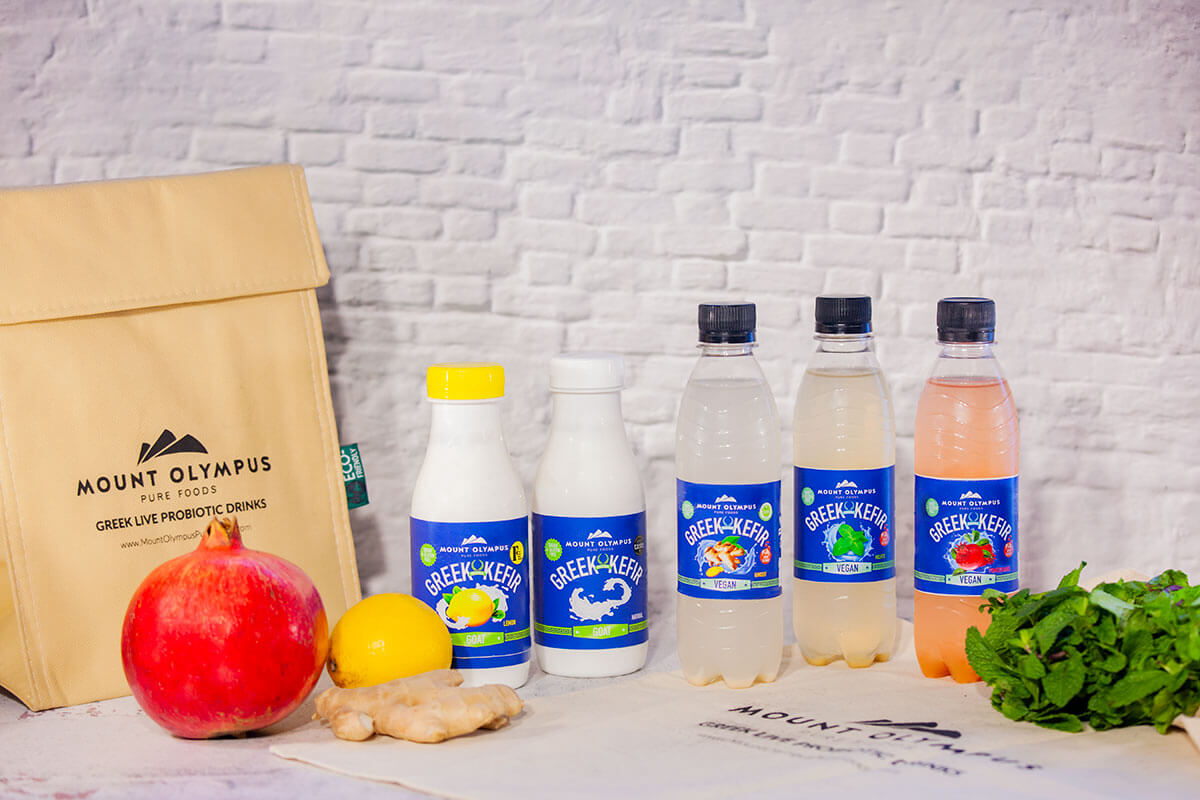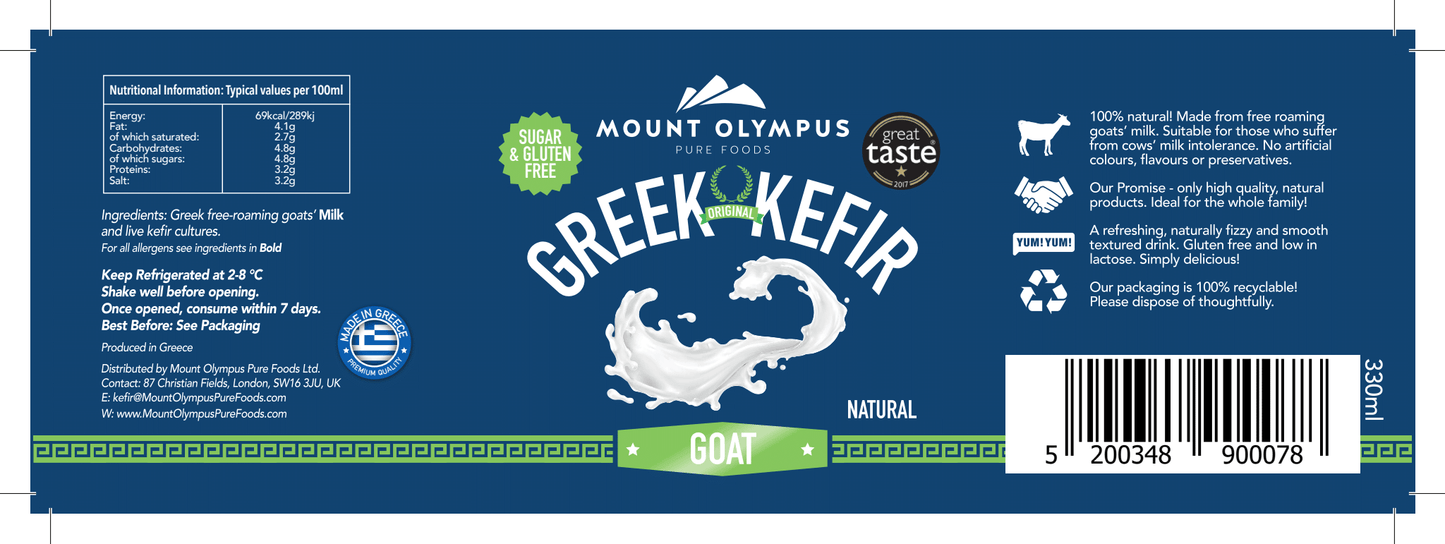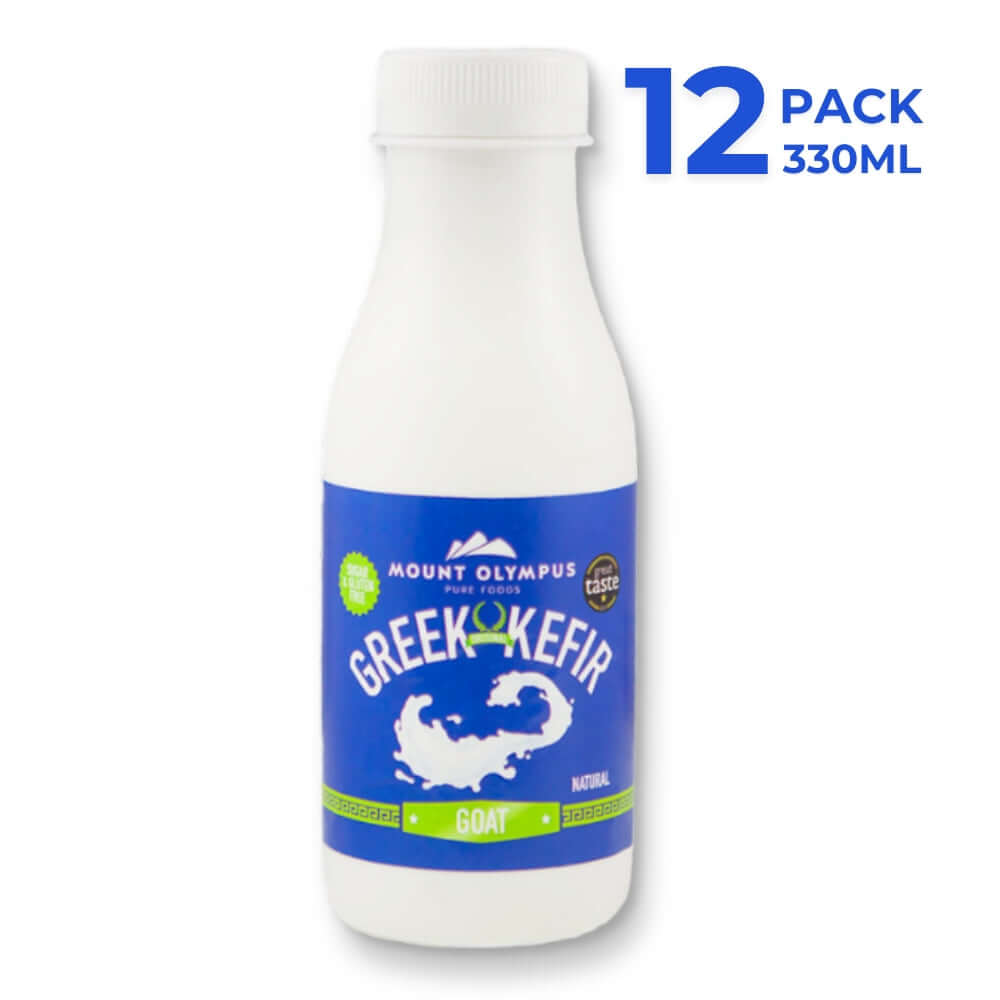Including a kefir drink in your daily routine is a well established practice to promote wellbeing but did you know it’s also beneficial for pets?
Here is how kefir can make a difference to our furry friends:
Just like humans, cats and dogs have a distinct microbiome of mainly beneficial bacteria in their gut, mouth and on the skin. These good bacteria help with maintaining a healthy digestive system, reduce the instances of allergies and also keep bad bugs out.
There are slight differences in the microbiome of cats and dogs thanks to adaptations to food. Cats are more carnivorous (they thrive on protein) whereas dogs are good with some carbohydrates. As a consequence, dogs have more beneficial bacteria that assist with the breakdown of starches. Despite these differences, both cats and dogs exhibit changes in the composition of beneficial bacteria during digestive upset.
In dogs, supplementing with beneficial bacteria shows promise in maintaining a healthy digestive system and reducing the instances of diarrhoea. This is where are traditionally fermented kefir comes in. The Mount Olympus range contains billions of beneficial species which may boost canine digestive health. We recommend giving a tablespoon of our plain goat or cow kefir to smaller dogs and three tablespoons to larger dogs on a daily basis.
A similar favourable effect was observed on the digestive health of cats when supplemented with beneficial bacteria. A species of good bacteria, Lactobacillus, which is one of the main components of traditionally fermented kefir was especially successful at supporting feline wellbeing following a 5 week course. We recommend adding a tablespoon of the plain Mount Olympus goat or cow kefir to the usual diet of cats.
In both cats and dogs, infections by yeasts are more common when populations of beneficial bacteria are lower and immunity is compromised. Dependent on the amount of yeasts this can cause excess gas, diarrhoea and urinary tract infections amongst others. A daily dose of traditionally fermented kefir can assist with keeping yeasts out and by supporting immunity.
In skin conditions such as dermatitis, certain beneficial bacterial strains found in kefir show a positive effect after 12 weeks of supplementation in dogs. In real terms this means less itching and scratching for your canine companion and he or she even gets a delicious kefir treat.
Why not try freezing our natural goat or cow kefir in an ice cube tray for a cooling summer snack for dogs and cats?


